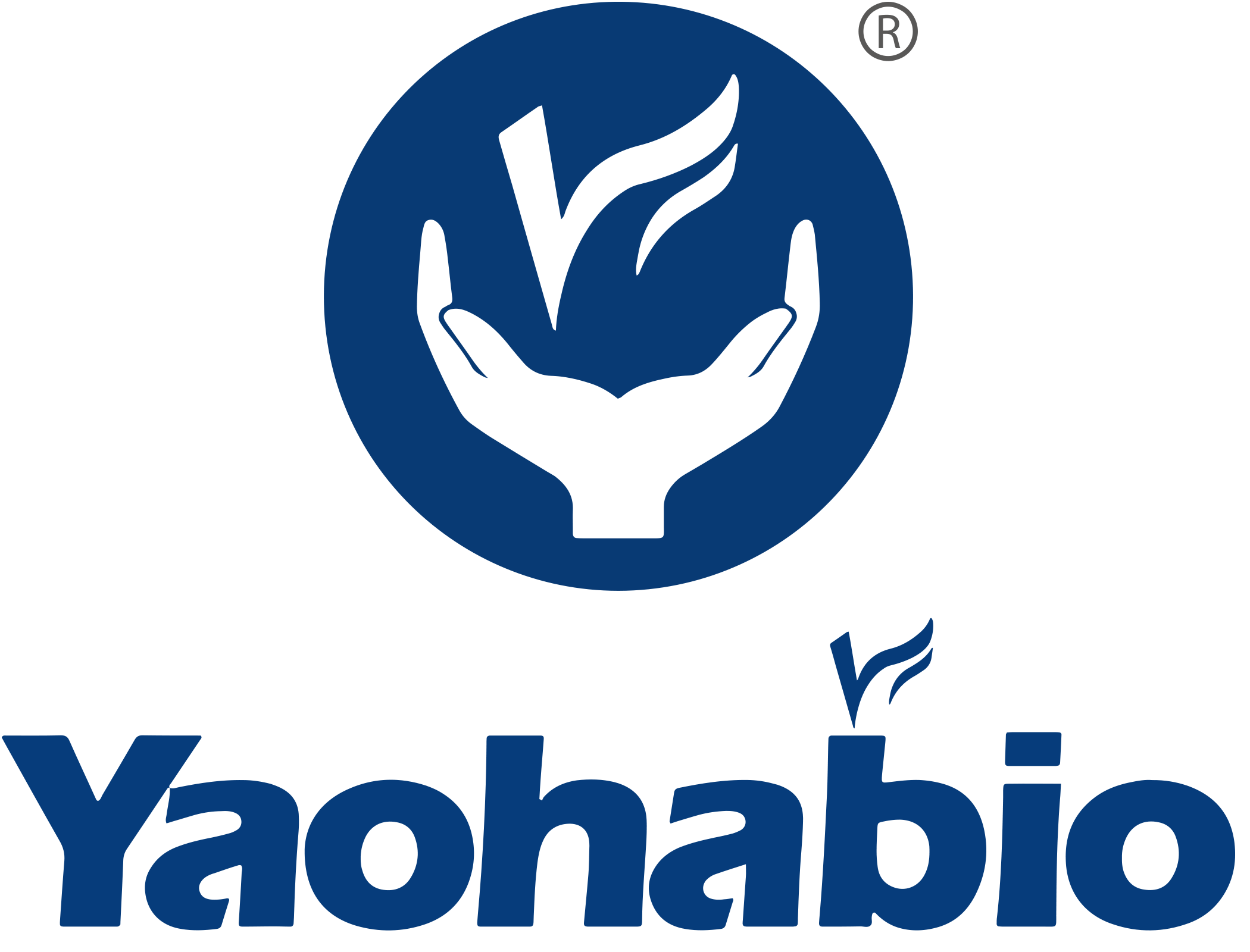Yeast: Key Player in VLP Vaccine for Polio
Poliomyelitis (polio) is caused by a virus, with symptoms including fever, upper respiratory discomfort, and limb paralysis. The disease is preventable but difficult to cure, and can easily lead to lifelong disability or even death. Thus, vaccines are crucial in preventing this disease.
Inactivated Poliovirus Vaccine (IPV) has been the first vaccine to prevent polio. While IPV exhibits high immunogenicity, it cannot induce intestinal mucosal immunity compared to the Oral Polio Vaccine (OPV). Furthermore, its high cost and increased management complexity have limited its application. However, the genetic instability of OPV has become its major drawback.
Further research is still needed on IPV, such as the non-infectious production of Virus-Like Particles (VLPs) and the development of vaccines that can induce both humoral and intestinal mucosal immunity.
New Trend of IPV
VLPs are highly similar to viruses, but they do not contain any viral genetic material, therefore they are non-infectious. In the absence of RNA, natural PV capsid proteins do not form stable particles, hence PV VLPs require transgenic capsid proteins and the addition of stabilizing elements. Co-expression of poliovirus P1 capsid protein precursor and 3CD protease in different systems has effectively produced VLPs that can induce protective antibody responses.
While the production of insect cells presents a choice, the production costs tend to be substantial, hindering their accessibility in lower- to middle-income countries (LMICs). Currently, due to cost considerations, the World Health Organization (WHO) has focused on yeast and baculovirus as expression platforms for PV VLPs, as these two expression systems have the greatest potential for low-cost vaccine production.
Yeast in PV VLPs Production
Research has proven that Pichia pastoris is an expression system capable of industrial production of PV VLPs. The VLPs produced by yeast share similar characteristics with empty capsids derived from mammalian cells. Numerous studies have demonstrated that a dual promoter expression system is the most efficient method for producing PV VLPs.
Furthermore, utilizing the TaV 2A peptide and RhPV IRES, researchers have achieved control over protein expression levels in this expression system. Additionally, using previously characterized thermostable mutants, it has been proven that Pichia pastoris is capable of efficiently producing D antigen. The formulation of IPV is based on the content of D-antigen, the native antigenic form of poliovirus. Vaccination with a vaccine containing D-antigen can induce protective immunity. Consequently, many scholars believe that Pichia pastoris not only holds the potential for producing VLP vaccines essential for a polio-free world but also serves as a model system for the production of enterovirus VLP vaccines.
Based on years of experience in microbial expression systems CRDMO services, Yaohai Bio-Pharma can develop recombinant protein vaccine processes and produce GMP-grade recombinant protein vaccines, including VLP carriers, and VLP preventive or therapeutic vaccines. Yaohai's CRDMO team is experienced, with short delivery cycles and product quality that meets standards, which can meet the needs of product registration and declaration, to facilitate the rapid development of recombinant protein vaccines.
We are also actively seeking institutional or individual global partners. We offer the most competitive compensation in the industry. If you have any questions, please feel free to contact us: [email protected]
Hot News
-
Yaohai Bio-Pharma Passed EU QP Audit and Attains ISO Triple Certification
2024-05-08
-
BiotechGate, Online
2024-05-13
-
2024 WORLD VACCINE CONGRESS Washington
2024-04-01
-
CPHI North America 2024
2024-05-07
-
BIO International Convention 2024
2024-06-03
-
FCE COSMETIQUE
2024-06-04
-
CPHI Milan 2024
2024-10-08

 EN
EN
 AR
AR
 HR
HR
 CS
CS
 DA
DA
 NL
NL
 FI
FI
 FR
FR
 DE
DE
 EL
EL
 IT
IT
 JA
JA
 KO
KO
 NO
NO
 PL
PL
 PT
PT
 RO
RO
 RU
RU
 ES
ES
 SV
SV
 IW
IW
 ID
ID
 LV
LV
 LT
LT
 SR
SR
 SK
SK
 SL
SL
 UK
UK
 VI
VI
 ET
ET
 HU
HU
 TH
TH
 TR
TR
 FA
FA
 AF
AF
 MS
MS
 BE
BE
 MK
MK
 UR
UR
 BN
BN

